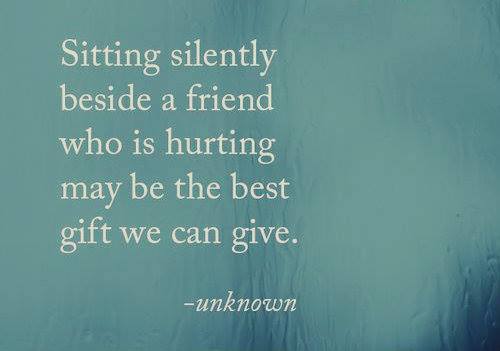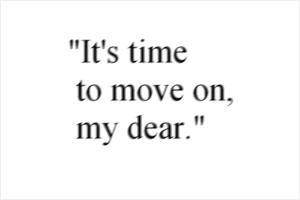Advice from our bereaved friends to you.....
We know it is so difficult to find the right words, but if you don’t know what to say, just say;
“I don’t know what to say”
The do's
DO just be there and be normal. Your friend is still the same person.
DO let them cry. Crying is a healthy reaction to grief and grief is a healthy reaction to losing someone that we love. Please let me feel my feelings as they come.
DO let them talk and you listen without judgement – you don’t know how they feel.
DO be prepared to hear the honest truth, if they don’t want to see you don’t be offended, they may want to see you tomorrow and will need you then.
DO take the dog for a walk, do the washing-up; bring dinner; fill the freezer.
DO remember grief doesn’t end after the funeral, you will be needed next week, next month, next year.
DO keep saying their name -if you don’t mention the name of the person who has died, it can make your family or friend feel as though you are not thinking of them. They will appreciate it if you talk about the person who has died, not just now but whenever you feel like it.
DO send flowers a while after the bereavement, when things become quieter and it seems as though people have forgotten
DO make a note of landmarks; birthdays, anniversarys etc and get in touch
DO remind them that bereavement counselling doesn’t have to be taken in the first few months, many of them can’t deal with it at the beginning
DO give special attention to the relatives of the bereaved person, as often they are left without support
DO reassure them that they did everything they could and whatever else you know to be true and positive. Relatives often feel very guilty and think they could have done more.
The don'ts
DON'T be afraid to contact your friend or family member, they need you now more than ever. Do not let your own feelings or discomfort stop you from spending time with them.
DON'T find yourself stressing about saying the right thing after a death. We don’t want to make the griever even more sad and we REALLY don’t want them angry and we don’t always have the right words to say. The good news is that you can stop worrying about saying the right thing because grief isn’t something you can fix with words but if you keep it simple and say it with compassion, your friends or family will know that you care.
DON'T mention God or anything religious such as “they’ve gone to a better place”; “God never gives us more than we can handle” unless you know their beliefs – this is not the time to preach.
DON'T say “things happen for a reason” ; “I know how you feel”;
DON'T offer to do “anything”, offer to do “something” – practical help is needed.
DON'T stop them crying, this can be very healing for them
DON'T tell them to be strong and brave, they need to express their emotions.
DON'T let your own feelings of helplessness keep you from reaching out to someone who is struggling.
DON'T say - 'don't cry, you need to be strong' - we need to cry, we can't stop crying. It is good for us to cry.
DON'T say - 'you can always remarry' to someone who has lost a partner - When someone is acutely grieving, they may be experiencing symptoms very similar to depression. They may have a hard time imagining a future where things are better. They may date again the future, but they probably cannot even consider this right now.
DON'T say -'it could be worse, I know someone who.....'......I am in the worst pain imaginable, why are you talking about someone else? Knowing that someone has it 'worse' does not change the severity of the pain and it doesn't make someone feel this loss any less.
Following the death of Annie Broadbent’s mother, her friends and family were paralysed by fear of saying the wrong thing. We need to talk will help you choose appropriate words to help you.





